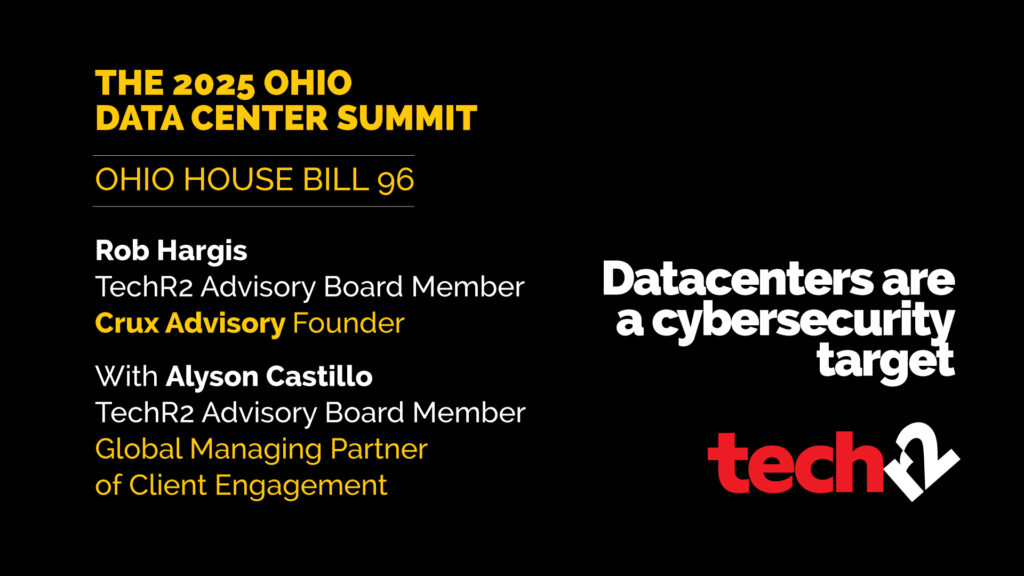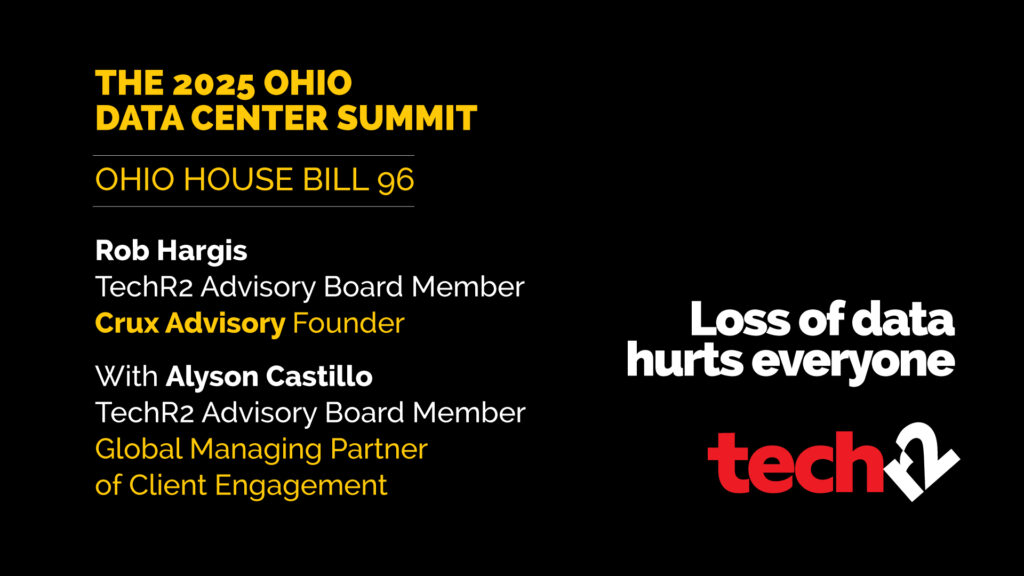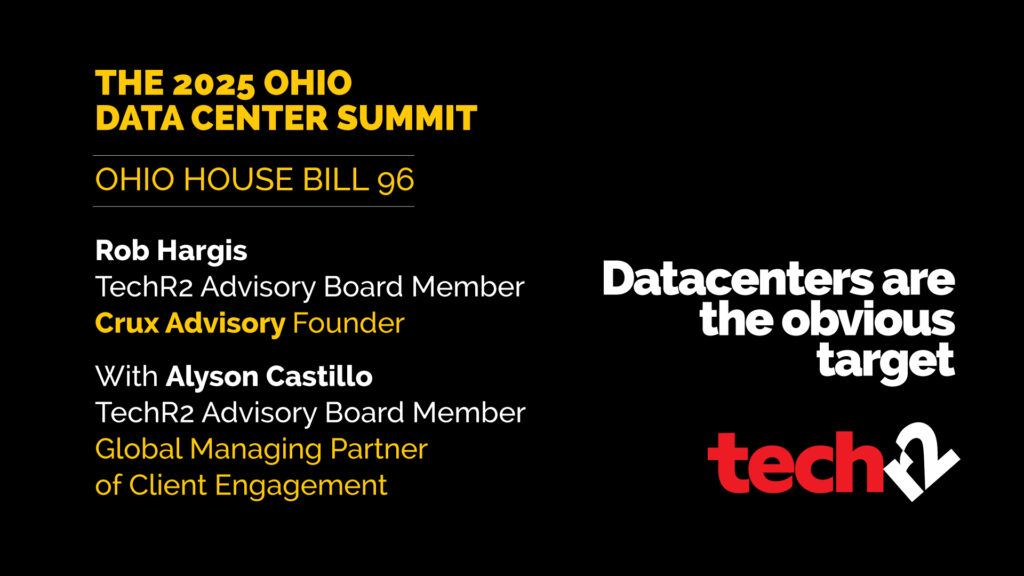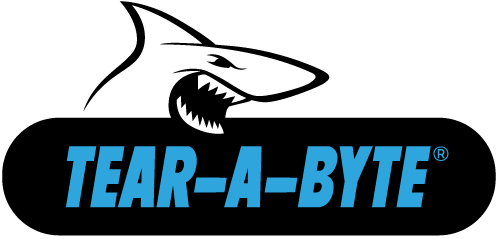Data security is more critical than ever in today’s digital age. One key aspect often overlooked is the proper destruction of end-of-life data-bearing devices (DBDs). Compliance with standards like NIST 800-88 is essential to ensure that sensitive data is not recoverable and to protect your organization from potential breaches and legal consequences.
Why Data Destruction Compliance Matters
Ensuring that your data destruction methods comply with NIST 800-88 involves more than just deleting files or reformatting drives. It requires following rigorous processes to guarantee that data is irretrievable.
Here’s why it’s crucial:
Non-Compliant Recyclers and Data Vulnerability
Many organizations unknowingly partner with non-compliant recyclers who fail to follow NIST 800-88 standards. These companies might offer data destruction services, but without proper certification, your data remains at risk. Proper compliance ensures that your data is handled by certified professionals who follow stringent guidelines.
Real-World Risks of Improper Data Destruction
Studies have shown alarming statistics: up to 67% of data-bearing devices purchased from e-commerce sites still contain recoverable data. This highlights the real risk that improperly destroyed data poses. Imagine your sensitive business information, customer data, or intellectual property falling into the wrong hands due to inadequate destruction practices.
Keeping Data Destruction Within Your Control
One of the most critical aspects of secure data destruction is ensuring that the process happens within your organization’s control. Transporting DBDs to non-certified recyclers can lead to significant risks. Once these devices leave your premises, you rely on the recycler’s security practices, which may not be up to standard. By keeping data destruction within your four walls, you maintain control over the process and ensure compliance with NIST 800-88 standards.
Key Takeaways:
- Partnering with certified recyclers who adhere to NIST 800-88 is essential for ensuring data security.
- Proper data destruction involves more than just deleting files; it requires following comprehensive guidelines to make data irretrievable.
- Keeping data destruction within your organization’s control mitigates the risk of data breaches and ensures compliance.
Ensuring compliance with NIST 800-88 for data destruction is not just a best practice; it’s a necessity in today’s data-driven world. Through this series, we’ll dive deeper into specific methods of data destruction, verification processes, and best practices to help your organization stay compliant and secure.









